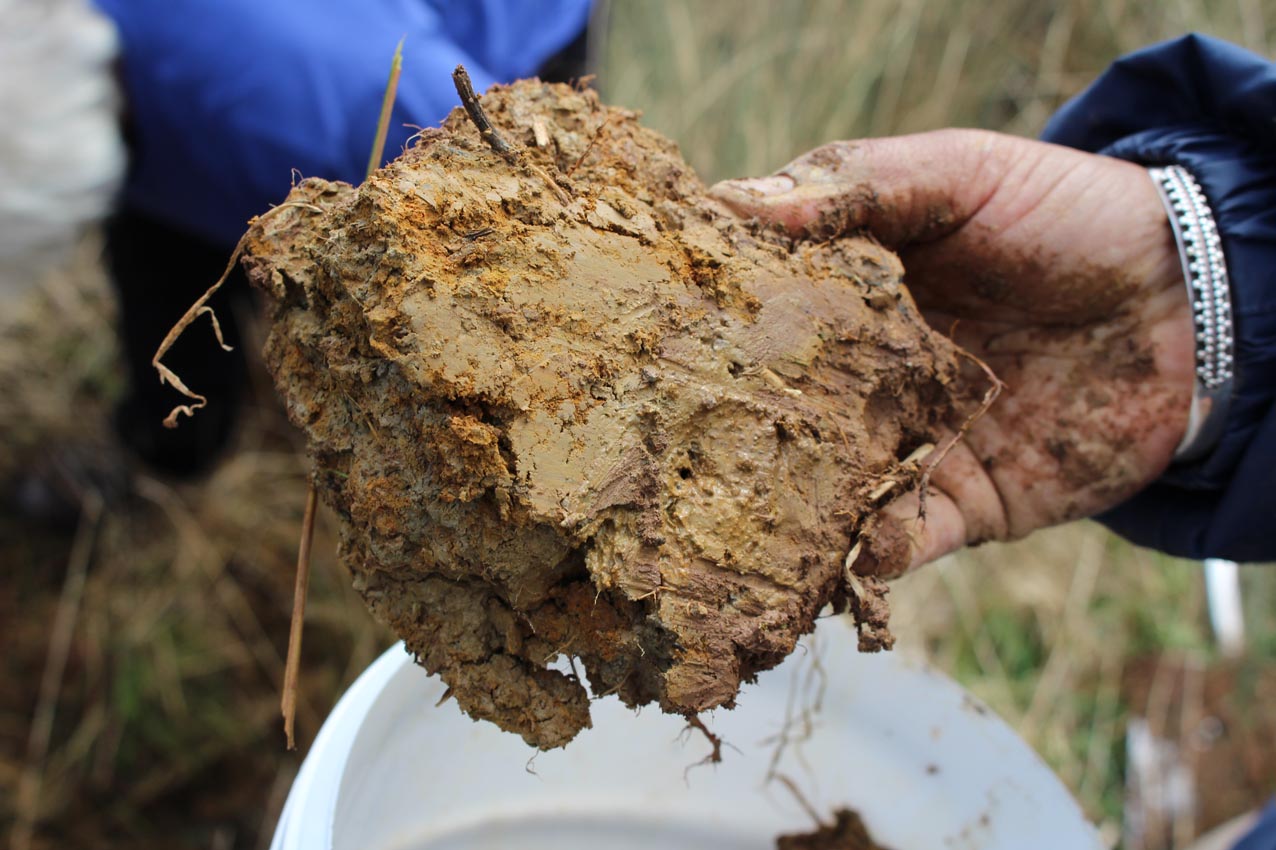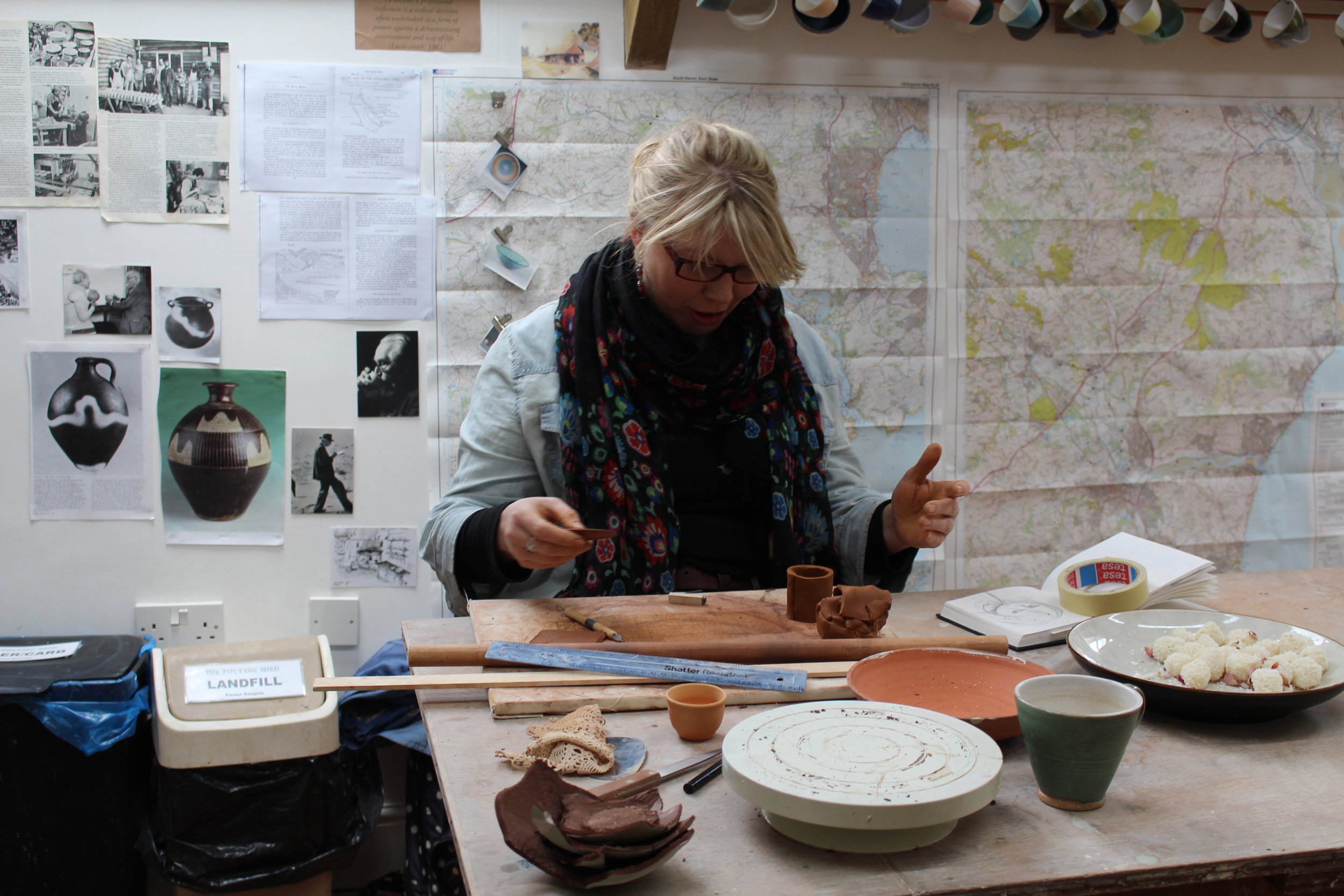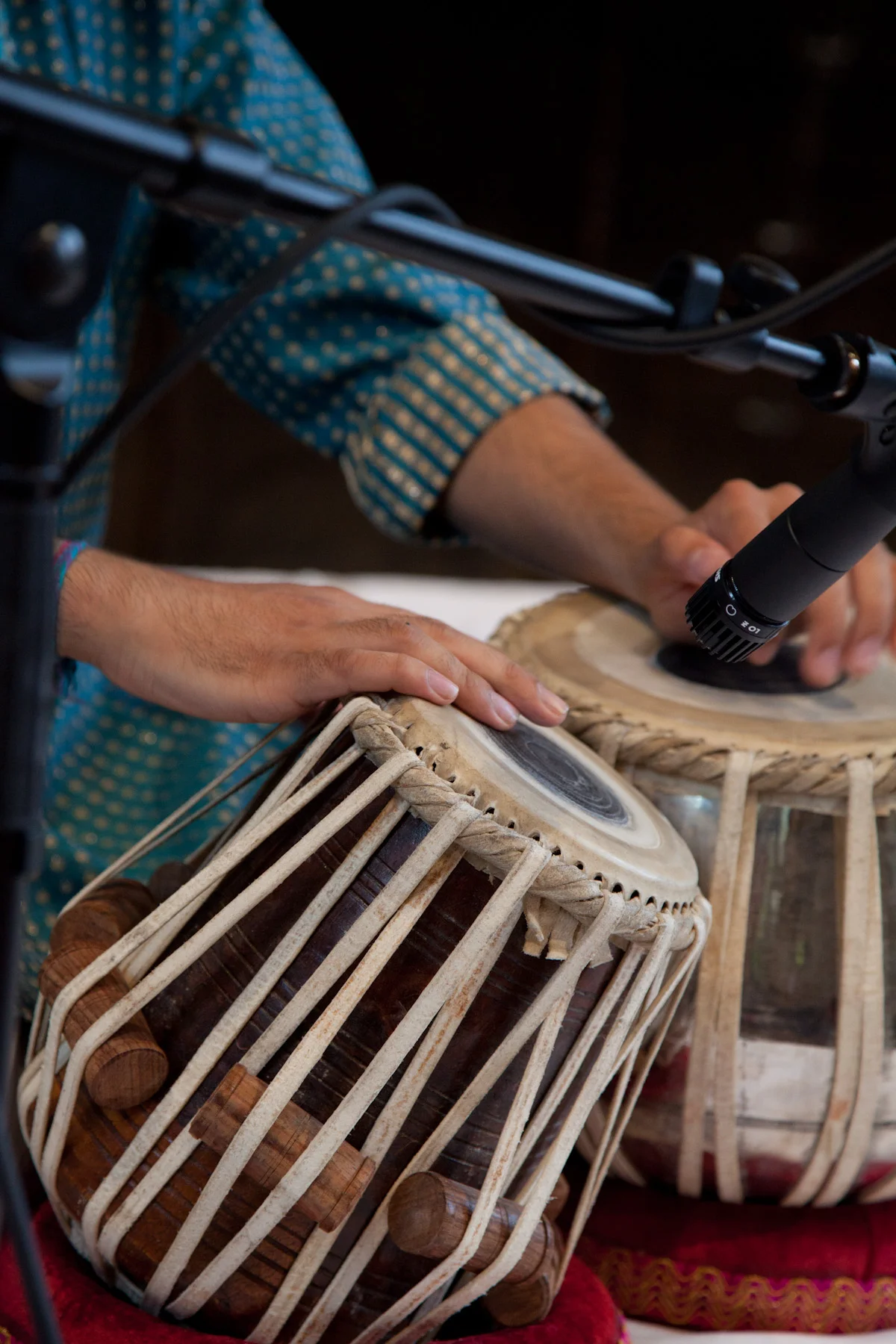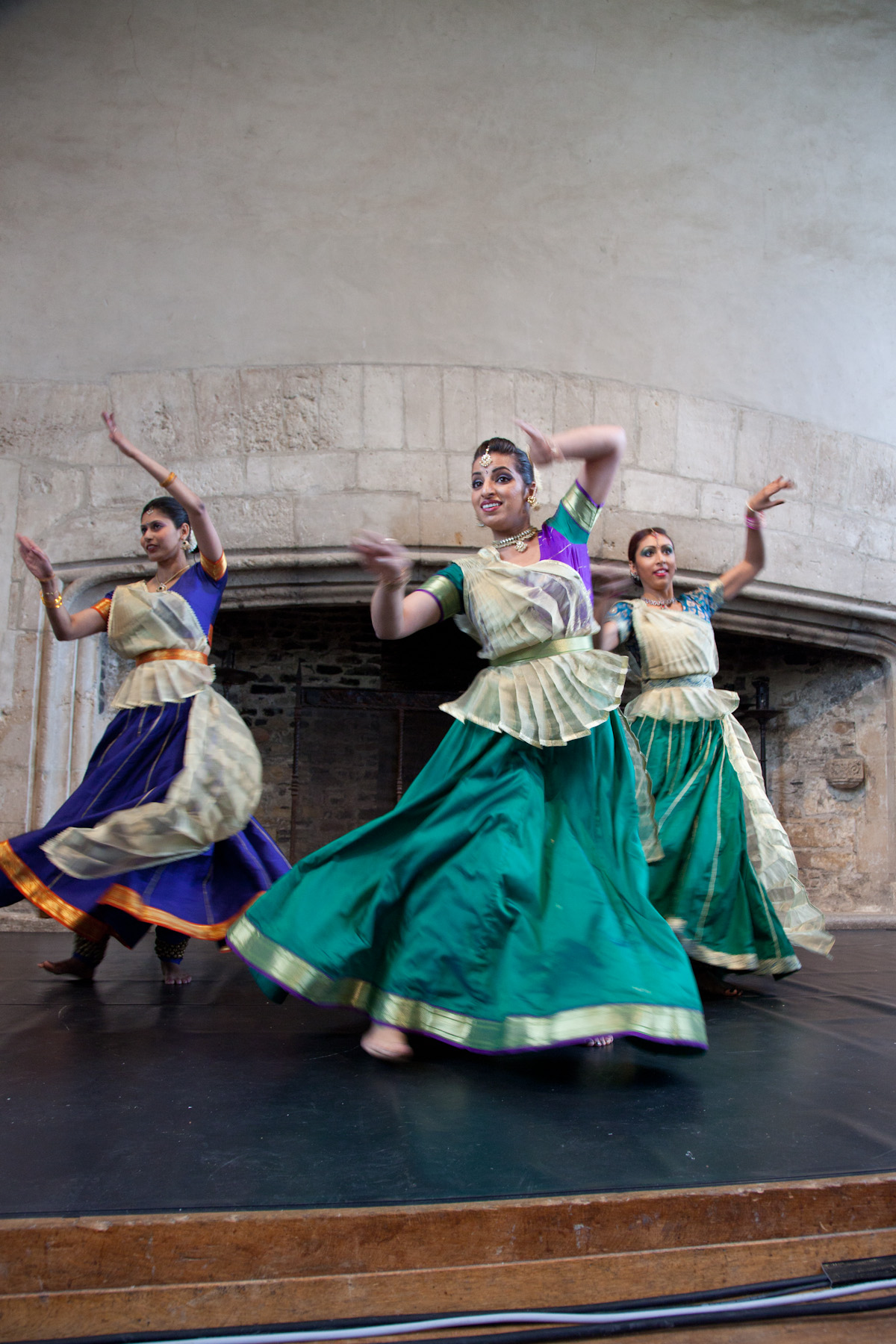
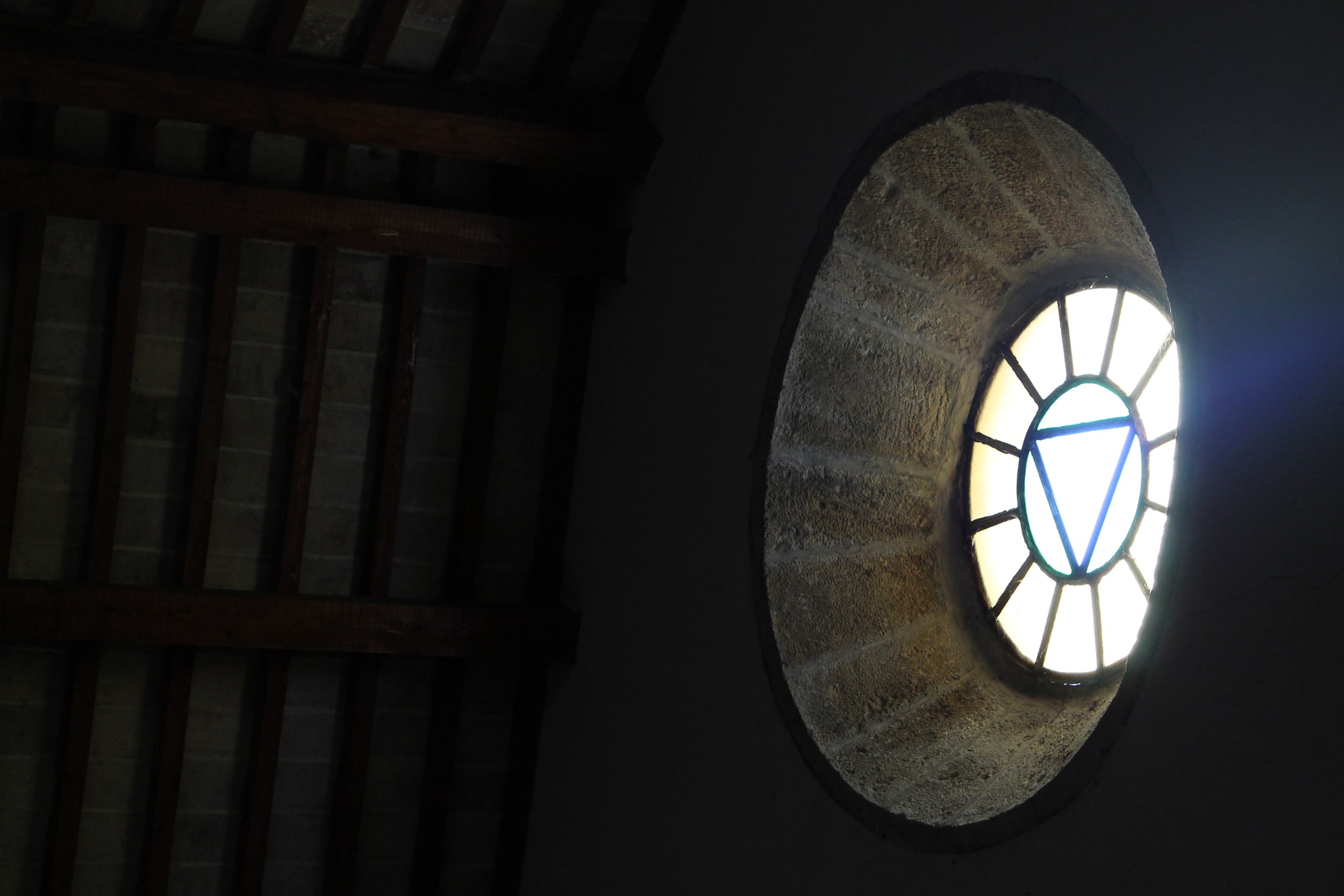

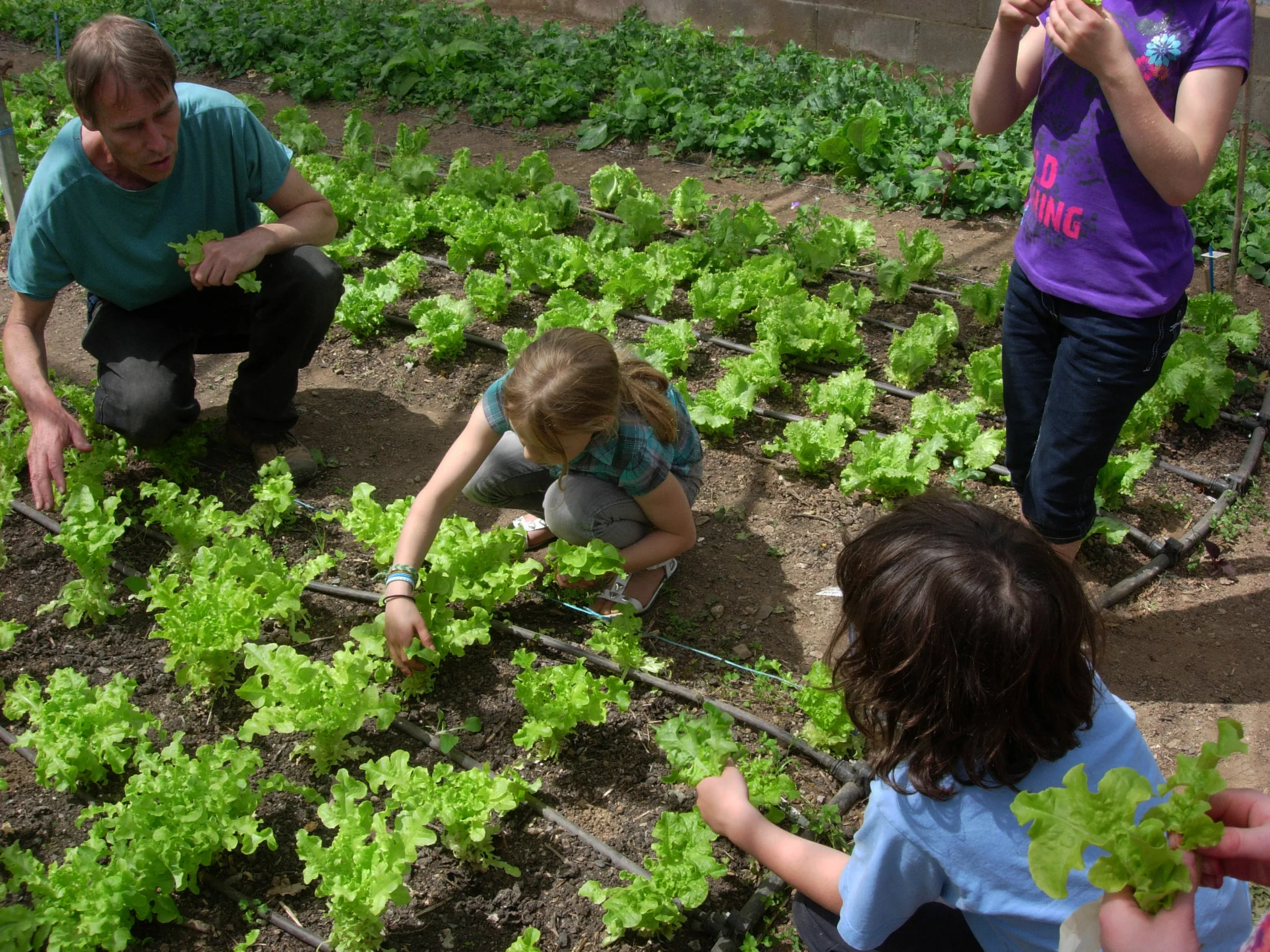


ProjectS Archive
ProjectS Archive
2015-16
Out of this Earth - making it local
A year long, 'Right Livelihood' pottery making project for local villages in Devon, UK
2015
Discussions begun with the UK government and communities on Green Finance for Natural Catchment Measures to manage flooding in the UK
2014
2013
November 2013 Week long events with Indian and UK partners
Feb/March 2013 Collaboration with scientists from James Hutton Institute, Scotland and Newcastle University
2012
November 2012 Process and Pilgrimage: Memory and Hope at Abbiazia di Spineto in Italy
Sept 2012 Workshop at Tarun Bharat Sangh, Rajasthan, India
May 2012 Water Symposium at Tamera, Portugal
May 2012 Process and Pilgrimage: Revival, Growing Health and Education in the Monk’s Garden at Abbazia di Spineto in Italy More Info →
2011
2010
March 2010 First issue of Holistic Science Journal
2009
November 2009 Process and Pilgrimage: Wholeness in Three Panels, at The Window, Islington, London.
2008
Oct- Dec 2008 Six Goethean Science workshops on What is the Hawthorn? In science, story, drawing, healing, planting, at the Steiner School, Devon over a period of 4 months.
- Workshop 1: Goethean way of Seeing and Drawing : Led by Philip Franses, with Lu Christie
- Workshops 2,3,4: Healing Properties through Inner Knowing: Led by Philip Franses, Liz Turner and Nicki Kempston
- Workshop 5: Planting for Renewal: Led by Liz Turner of Trees for Health
- Workshop 6: Fireside Celtic, Greek, Nordic & other tales of the Hawthorn: Led by Minni Jain, with Louise Woodall

Process & Pilgrimage
Past events held by the Journey School
Process & Pilgrimage
Past events held by the Journey School
June 2014
Process and Pilgrimage
Cordoba, Spain
“For the idols, sacred ground, Ka’ba for the circling pilgrim, the tables of the Torah, the scrolls of the Qur’an, I profess the religion of love; wherever its caravan turns along the way, that is the belief, the faith I keep.” Ibn Arabi, 12th century Sufi mystic, A Garden Among the Flames.
The goal of Process & Pilgrimage is always to find the dynamic question that moves a situation in a new way. Where this question comes from, is as far as possible, suggested from the silence itself.
For a detailed article about the event, click here
November 2012
Process and Pilgrimage: 'Memory and Hope'
Abbiazia di Spineto, Italy
The journey is turned back into an inner movement. The beautiful setting dressed in vibrant autumn colours, is the perfect holding to draw an inquiry into its regenerative centre and out again into our distinct lives.
May 2012
Process and Pilgrimage:
'Revival, Growing Health and Education IN The Monk’s Garden'
Abbiazia di Spineto, Italy
The worth of the Journey School is that it is not predictable but giving of a new perspective on what is blocked and unable to find a way forward. We are exploring how to seed such a venture so that it is true to the world we are living in, where almost every organisational structure is locked in some sort of impasse.
May 2010
Process and Pilgrimage: 'Seeing through Paradox, Believing through Difference'
Bettona, Italy
The thirty strong attendance entered the experience of paradox with Henri Bortoft. We then discussed the Israel-Palestine situation moving from a perspective of separation and war to wholeness and peace. The outcome was the inspiration for the setting up of a Journey School in Israel and Europe with the idea of exploring issues in the dynamic that leads beyond separation (Ilan Pappe).
November 2009
Process and Pilgrimage: 'Wholeness in Three Panels'
The Window, Islington, London
Taking David Bohm’s notion of wholeness out into the world explored as process, encounter and the perception achievable in daily seeing (David Peat, Henri Bortoft & Emilios Bouratinos)
July 2009
Process and Pilgrimage: 'From Source to Sea, from Origin to Fulfilment, from Potential to Expression'
Following the journey of the River Dart, Devon
This pilgrimage follows the journey of the River Dart. In the way of the river, we reflect on the story of our time and ourselves with the aid of storytellers, guides and soul-poets. We seek the rhythm of the river’s aspiration as it sweeps its course to the sea. The River Dart in Devon UK. A five day pilgrimage with Poet Alice Oswald, Playwright Peter Oswald, Earth Pilgrim Satish Kumar and other teachers, architects and activists.
May 2009
launch of Process and Pilgrimage
Birkbeck College, London
Basil Hiley gave an in-depth mathematical talk about Process. This proved the philosophical hunches of David Bohm on the place of wholeness at the basics of physics.
For more information, visit the Holistic Science Research Website: holisticscienceresearch.co.uk

Out of this Earth
A right livelihood, pottery making project
Out of this Earth
A right livelihood, pottery making project
In 2014-15, Earthlinks UK working with local potters from The Potting Shed, ran a year long project for people from 8 villages to re-learn some of the heritage livelihood pottery skills of the Devon region. For the learning to be holistic, the project covered the ENTIRE process of making pots – from knowing where to prospect for clay in the landscape, to finally eating out of the pots they made.
The thinking behind the project included:
- Creating beautiful objects for everyday use with your own hands brings confidence, hope and well-being to a human being. It encourages the development of intellectual and practical skills, visual sensitivity and a working knowledge of tools, materials and systems.
- Learning transferrable skills, creates vibrant and flourishing communities, social inclusion, contributes to the economy, culture and society and is a starting point for leisure and livelihood pursuits which can be engaged in for the rest of their lives.
- In these times of local and global austerity and increased awareness of environmental issues, learning these attributes of 'make and mend' shapes and informs the concepts of local, low cost, beautiful, functional, re-claim and traditional. Community work changes negative thoughts and attitudes into positive ones. It encourages people to move to go from an ‘I can’t’ to an ‘I can’ mindset , re-discovering the vibrancy of their own local communities and the creativity therein.
Project activities:
The participants learnt about various local clays: the china clay of south Dartmoor, the ball clays of the Sticklepath Fault between Newton Abbott and Bovey Tracey; and the tertiary clays, from a variety of local sources. They dug their own clay out of the ground from near Exeter, after which they sorted, soaked and sieved it for use. They fired their pots in an electric kiln, in a wood fired dustbin kiln ( which also they learnt how t9o make for themselves) and in a pit firing. One group experimented with locally sourced glaze materials. Wood ash, nettles, dock leaves and seaweed ashes and fired and ground seashells. There were public talks from well known potters to inspire- Joss Hibbs, Dartmoor, Sandy Brown, Appledore and Mel Chambers, Cornwall. Over 300 people came and benefited from these evenings. The project culminated with a meal at Dartington Village Hall, all served in plates and dishes made by the participants of course!
What did we achieve?
- People now know more about the clay and pottery tradition and heritage of this county. Hence increased awareness and sensitivity to buying ‘local’. People felt ‘empowered’ and connected with their land in a unique way.
- Many participants who came feel enabled to become more productive members of their local community. Some told us how much more their sense of belonging and pride in the county and community has increased after the project! Communities with all generations living locally with less migration of young people to cities, ensures the local regions are economically healthier and more viable with stronger communities – a mother and daughter on the course proved that.
- People have shifted their understanding of craft and local Devon pottery and many are telling us where they are sourcing local work from. Some said it has helped them to be less wasteful and ‘throw-away, get another’ when they saw the time, energy and materials that go into making something.
- Some people told us how much healthier they were feeling after doing the project! The obvious emotional and mental benefits of feelings of belonging in our communities are well documented. Absorption in rhythmic creative movements not only occupies and distracts the brain, but has also been clinically proven to raise levels of serotonin, whilst inducing the relaxation and ‘mindfulness’ more often associated with meditation. It quietens chronic stress and anxiety, improves dexterity.
- Participants gained confidence from developing skills in handling materials and tools, from transforming raw materials into objects and from making their creative vision real. For some, this translated into a rare and valuable feeling of being in control of their immediate environment, and the deep desire to pass the skills they learnt, to others in their communities. The project taught how to use old and new skills in a modern context. More people are now considering using this learning to become a livelihood choice.
- Participants made life long friends - research suggests that social connectedness is perhaps the single most important factor in distinguishing happy people from those who are merely ‘getting by.’

Think Global Taste Local
Learning about Local, Seasonal, Organic food
Think Global Taste Local
Learning about Local, Seasonal, Organic food
How can you actually connect with global issues, such as climate change, on an individual and local level? Through taste! Apart from all the ethical reasons, what better incentive is there to choose to eat a climate- friendly farmed carrot, over an industrially produced supermarket carrot, than simply because it tastes delicious too?
Think Global, Taste Local believe that food must be healthy not only for the individual but also for the environment, for our communities and for the economy. Sustainable farming practices nourish and replenish the local land rather than stripping it. The profits are kept with the local grower and in the local community.
Food that is grown locally is fresher, and much fuller in flavour, and above all more nutritious and healthy than food that is harvested early, genetically modified or transported great distances. This project is a vitally important step toward building resilience, healthy communities and support for local food economies, whilst helping the environment by increasing carbon capture. Above all, it caters to a basic human need – to eat tasty and healthy food!!
Think Global, Taste Local held experiential workshops and public events related to the quality of taste, the practical preparation of fresh food skills and the ease of sourcing local food. Events included farm visits, cooking workshops and local talks – giving opportunities for people to connect and become aware of the variety of foods available in their local areas, inspiring them to seek out what their local climate friendly food producers had to offer, and to prepare that food themselves in simple, tasty and nutritious ways. The events showcased not only the season’s harvest and the tastiest local foods and were an exercise in community building.
TGTL encouraged people who do not or cannot normally make choices to eat local, healthy, climate friendly food to experience all of the above.

Tagore Festival
Tagore Festival
“Who are you, reader, reading my poems an hundred years hence?
I cannot send you one single flower from this wealth of the spring, one single streak of gold from yonder clouds.
Open your doors and look abroad.
From your blossoming garden gather fragrant memories of the vanished flowers of an hundred years before.
In the joy of your heart may you feel the living joy that sang one spring morning, sending its glad voice across a hundred years. ”
Rabindranath Tagore (7 May 1861 – 7 August 1941)
Rabindranath Tagore
Who was Tagore? Was he a poet or a scientist ? Writer, singer, philosopher or painter?
Were Tagore and Gandhi two sides of a coin that would bring the East and the West together? Tagore the multi visionary, who was all of the above and more, was celebrated and envisioned for our time by many talented and diverse scholars and artists like Mark Tully, Aditi Mangaldas, Sonal Mansingh, Andrew Motion, Tim Smit, Tony Juniper, Vandana Shiva, Jane Goodall, Michael Morpurgo, Wajahat Khan, Philip Franses, Dharambir Singh, Sangeeta Datta, Paban Das Baul and Mimlu Sen, Peter Randall-Page and many many more who came together to make this a week to remember for ever more.
This central theme of bringing together the Spirit of the East and the Science of the West lay at the heart of the Tagore Festival organised by Resurgence Editor, Satish Kumar and Earthlinks Trustee, Minni Jain at Dartington Hall, Devon in May 2011 to celebrate Tagore's 150th birth anniversary.








































